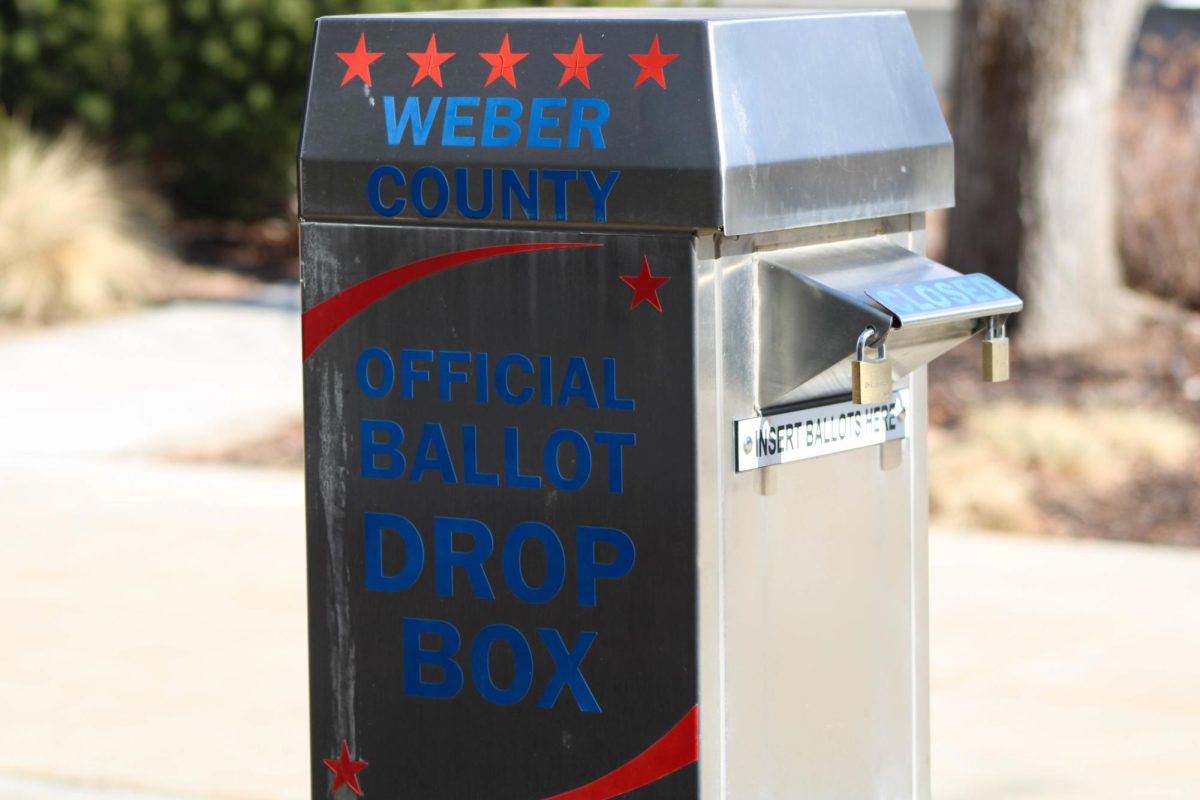 The United States Supreme Court ruled that corporations can deny coverage of contraceptive medical care due to religious objections Monday morning.
The United States Supreme Court ruled that corporations can deny coverage of contraceptive medical care due to religious objections Monday morning.
“Burwell v. Hobby Lobby Stores Inc.” challenged a portion of the Affordable Care Act, also referred to as Obamacare, which required insurance plans offered by employers to meet certain standards of coverage. In a 5-4 decision the court sided with Hobby Lobby, ruling that a portion of the law violated the nationwide chain’s religious liberty.
“This is a landmark decision for religious freedom,” said Lori Windham, counsel for Hobby Lobby. “The Supreme Court recognized that Americans do not lose their religious freedom when they run a family business.”
The owners of Hobby Lobby claimed the Department of Health and Human Services’ mandate, which required insurance coverage of contraceptives to meet standards laid out in the Affordable Care Act, violated their religious belief in life beginning at conception.
The court sided with the owners, declaring the mandate to be a violation of the Religious Freedom Restoration Act of 1993. Other companies like Conestoga and Mardel joined Hobby Lobby in the lawsuit.
“Protecting the free-exercise rights of corporations like Hobby Lobby, Conestoga and Mardel protects the religious liberty of the humans who own and control those companies,” said Justice Samuel Alito writing for the majority.
Altio also called for the federal government to decide whether these company owners’ religious beliefs are mistaken or insubstantial, and the government should not force these companies to chose between obeying the law and following their deeply held religious convictions.
Justices John Roberts, Clarence Thomas, Anthony Kennedy and Anton Scalia joined Alito in the decision.
Justice Ruth Bader Ginsburg in her dissent worried that the decision would open the door for companies to deny other types of coverage. If someone had an religious objection to deny blood transfusions or vaccinations this ruling could provide precedent for other objections, she added.
“The court, I fear, has stepped into a minefield,” wrote Ginsburg.
Alito wrote that when it came to blood transfusions and vaccinations the government may have a controlling issue there, which is not the case with contraceptive care.
Justices Sonia Sotomayor, Elena Kagin, and Stephen Breyer joined the dissent. Breyer and Kagin declined to join the section of the dissent that discussed whether a corporation can exercise religious liberty.
Josh Earnest, the White House Press Secretary, responded in a press briefing, “Today’s decision jeopardizes the health of women who are employed by these companies. As millions of women know firsthand, contraception is often vital to their health and well-being,”
Earnest added the Affordable Care Act was designed to solve this problem.
He said the administration has already made exceptions for nonprofit organizations, but he said the White House doesn’t feel that for-profit corporations should be able to use religious beliefs to deny federally-mandated benefits.
Carol E. Merrill, director of the Weber State University’s Women’s Center, said that it will now be important to educate women on other resources available for them to obtain contraceptive care.
“The community organizations are going to have to step their game up,” Merrill said. “These corporations have an ethical responsibility to tell women where they can obtain this care if they’re not going to provide it.”



















